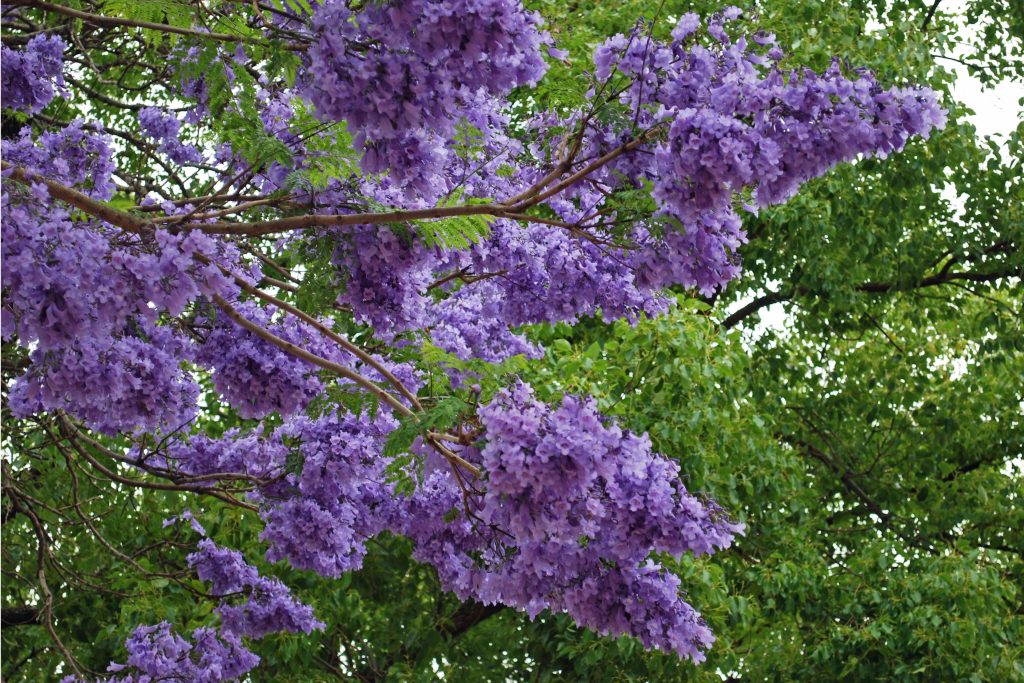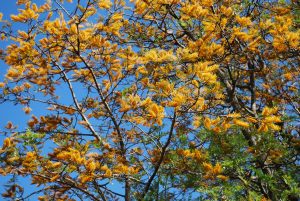
The days are growing longer, the sun is growing towards its full summer radiance, the Jacaranda, Silky Oak, Poinciana and Flame Trees are blooming. We find ourselves moving quickly toward our remembrance and celebration of the coming into our world of the One who is Light. We are in Advent time, a time of waiting, hope and joyful expectation.
However, as I write, the nightly news is playing in the background. I am all too aware of the conflict, suffering and pain in which our world is shrouded. This gives me pause, and I question: “How much longer? Will anything ever change? When will we have ears that hear, eyes that see, hearts that are open?”

In their commentary, Preaching the New Lectionary Year B, Dianne Bergant and Richard Fragomeni suggest that if we read the First Testament lections sequentially, from the first to the fourth Sunday, we will be provided with a slightly different understanding of Advent from our usually one. We will see that Advent “is not only a season of hope and expectation but also a time of complaint”. We might also use the word “lament”.
Lament is not a negative, but rather a form of prayer in which we open our heart in surrender. It acknowledges the reality of suffering, our human vulnerability, our belief in a compassionate and just God and our hope for transformation. Lamentation calls us to be our true, authentic selves before God.
The first of the Advent Readings, Isaiah 63:16-17; 64:1, 3-8, opens a dialogue that continues across the four Sundays. Isaiah pours out his heart to God:
You, O God, yourself are our Father,
our Redeemer, is your ancient name.
Why, do you leave us to stray from your ways
and harden our hearts against revering you?…
Oh, that you would tear the heavens open and come down…
…and yet, Lord, you are our Father;
we the clay, you the potter,
we are all the work of your hand.
And God responds to this heartfelt plea in Isaiah 40:1-5, 9-11:
Console my people, console them…
Speak to the heart of Jerusalem
and call to her
that her time of service is ended…
Let every valley be filled in, every mountain and hill be laid low…
The response of the prophet to God’s comforting words (Isaiah 61:1-2, 10-11) is filled with exuberant hope – lamentation is a thing of the past:
The spirit of the Lord has been given to me…
God has anointed me to bring good news to the poor,
to bind up hearts that are broken…
I exult for joy in the Lord,
my soul rejoices in my God…
God has last word, speaking words of assurance, 2 Samuel 7:1-5, 8-12, 14, 16:
I will provide a place for my people; I will plant them there,
and they shall dwell in that place and never be disturbed again.
Your house and your sovereignty will always stand secure before me,
and your throne be established forever.
Our Lament is heard, and God responds, doing what seems impossible, becoming flesh, one of us, among us:
This is how Jesus came to be born…
The Virgin will conceive and give birth to a son
and they will call him Emmanuel, a name which means ‘God-is-with-us’.
We have come full cycle; the days are growing longer and the light of the summer sun shines upon us. The One, who is Light, is among us. We remember, we celebrate and together we can sing:
Song of faith, song of trust,
A song to welcome the Christ.
MAKE US YOUR OWN, MAKE US YOUR LIGHT.
Advent is centred on the working of God in the midst of human life. Both the vulnerability of human existence and the limits of human power are acknowledged. We hear the message of our loving and merciful God acting in the midst of the humbled, yet hopeful people and draws possibility out of what is impossible. (Preaching the New Lectionary. Dianne Bergant with Richard Fragomeni Year B)
Annie Bond rsj
